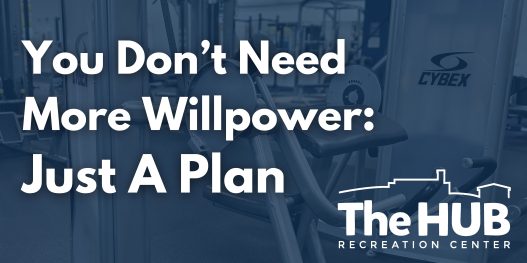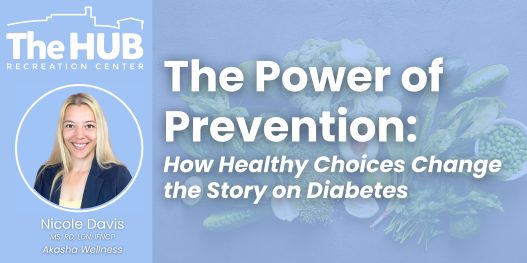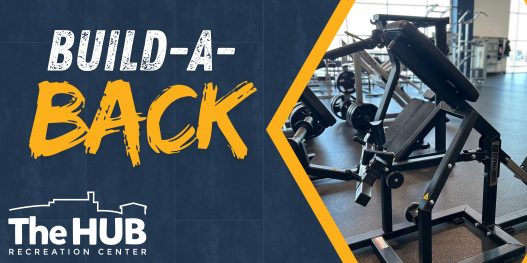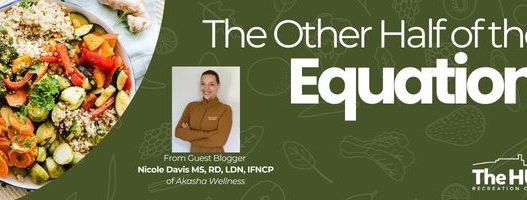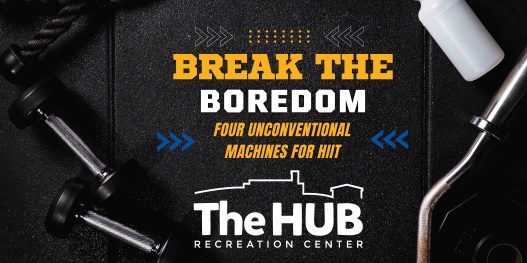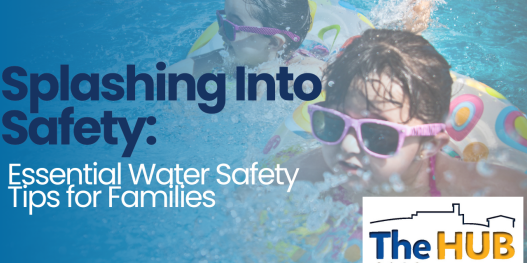Have you ever heard someone say “I can eat that, I’m going to workout later”?
Let’s rethink that statement. Is it fair to your body to eat whatever you want because you are an active person? In this blog and in our upcoming HUB Podcast, we will talk about how what we put in our bodies is what fuels our activity. If you are not giving your body the proper nutrients to support the activity you are doing, you will not hit your fitness goals. It doesn’t matter if your goal is weight loss, gaining muscles mass, or increasing your cardio endurance; you have to give your body the correct nutrients to perform well. Understanding the roles of macro-nutrients and micro-nutrients should encourage you to consume a healthier diet. The macro-nutrients our bodies require are carbohydrates, proteins, and lipids.
Carbohydrates are important to consume before a workout because carbs are broken down to give our bodies fuel during exercise. This fuel is called glycogen and is stored in the body to help give us energy during exercise (Annigan). Once we are done exercising it is important to consume carbohydrates to restore our glycogen levels.
Protein has many functions as a macro-nutrient, but I like to call it the builder of all nutrients. When we workout, especially when we do strength training we damage the muscle tissue. Protein is required to repair those tissues and it builds new muscle fibers. It is recommended that we consume 2 grams of protein per kilogram of body weight. Consuming high-quality protein allows an increase in muscle mass, which leads to a boost in physical power and strength (Annigan).
The main purpose of lipids or fats are to protect our organs and to regulate our internal body temperature. They also support cell growth and give our bodies energy. Fats are necessary for a healthy diet, but you should know that there are “bad fats” and “good fats”. The bad lipids are Saturated Fats and Trans fats. These are typically solid at room temperature (butter and dairy) and cause an increase in cholesterol levels. The good lipids are monounsaturated and polyunsaturated fats. These are normally liquid at room temperature (vegetable oils), but can be found in many other foods. The best way to consume fats in a healthy diet is through fish oils, vegetable oils, vegetables, seeds and nuts (Segal).
Vitamins and minerals are considered micro-nutrients, but play a huge role in energy production and muscle function. Some of the essential vitamins and minerals are vitamin C, iron, sodium, potassium, calcium and magnesium. Lacking these nutrients will cause problems in your workout performance. For example, Vitamin C helps you absorb iron; if our iron levels are low, the oxygen in our blood cells cannot bind to iron-rich proteins, which will cause you to be winded and fatigued during exercise. Sodium is a mineral that helps our cells maintain fluid balance and it also helps contract our muscles (Segal). Sodium and potassium go hand in hand because without potassium our muscles cannot relax.
Staying hydrated is the most important component when it comes to fueling your body. Did you know that 60% of the human body is made of water (The Water in You)? Rehydrating our bodies after activity is essential, we lose water through sweat and heavy breathing when working out. Staying hydrated during activity also keeps our heart rate from climbing too high and it controls our body temperature (Annigan).
I hope this blog and the HUBcast help you understand the importance of fueling your body with the proper nutrients. It’s okay to splurge here and there, but our bodies need healthy fuel to perform properly. Dieting doesn’t have to be scary, but understanding the purpose of macros and micros will help you stick with a new nutrition program.
Chelsey Greenwood
Hub Sports and Fitness Coordinator
Annigan, Jan. “How Does Nutrition Affect Exercise?” Healthy Eating | SF Gate, 12 Dec. 2018, healthyeating.sfgate.com/nutrition-affect-exercise-6391.html.
Segal, Robert. “Choosing Healthy Fats.” HelpGuide.org, www.helpguide.org/articles/healthy-eating/choosing-healthy-fats.htm.
The Water in You: Water and the Human Body, www.usgs.gov/special-topic/water-science-school/science/water-you-water-and-human-body?qt-science_center_objects=0.

